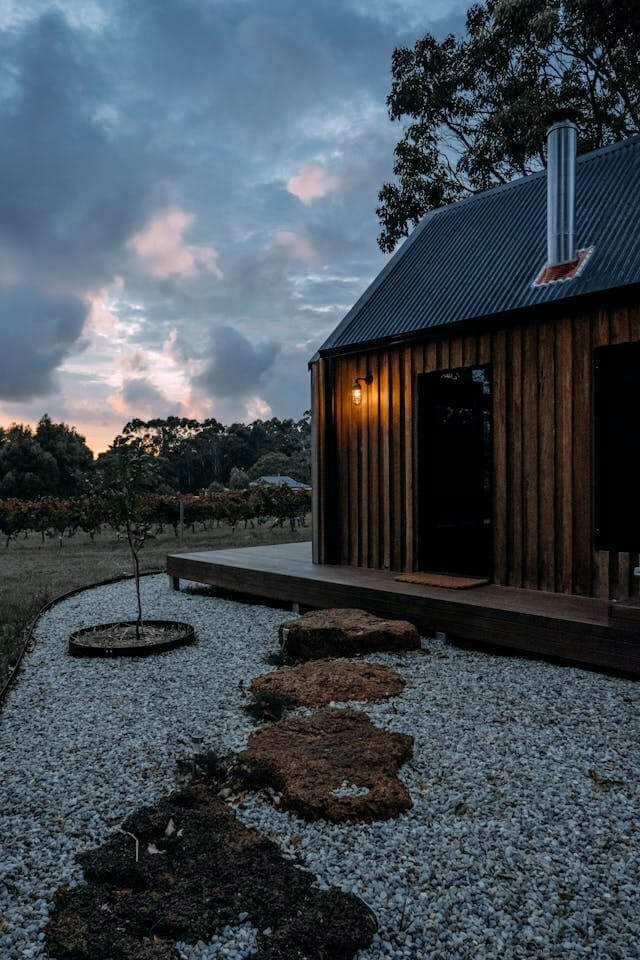New York Tiny House Zoning Laws Overview
New York State presents one of the most complex zoning landscapes for tiny houses in America, reflecting its extreme geographic and regulatory diversity from Manhattan's urban density to Adirondack wilderness. The state divides into dramatically different regions: New York City with its unique five-borough system and highly restrictive codes where tiny houses face extreme challenges; downstate suburban counties (Westchester, Nassau, Suffolk, Rockland) with comprehensive zoning and expensive land; upstate cities (Buffalo, Rochester, Syracuse, Albany) where some ADU adoption has occurred; and rural upstate counties offering more flexibility with traditional town-by-town zoning. New York's home rule tradition means zoning authority rests primarily with municipalities (cities, towns, villages) rather than counties, creating a patchwork of hundreds of local codes. ADU legalization has progressed slowly compared to West Coast states, though recent legislative efforts (ADU bills in 2022-2024) have encouraged adoption in some cities. THOWs (Tiny Houses on Wheels) face restrictions statewide, typically classified as travel trailers prohibited for permanent occupancy outside designated mobile home parks or RV parks. Foundation-built tiny houses must meet New York State Residential Code (based on IRC) with local amendments, which often include minimum square footage requirements (commonly 600-900 sq ft for single-family homes). Before purchasing land anywhere in New York, determine whether in city, village, or town jurisdiction (not county), obtain and review the specific municipal code, understand that Adirondack Park and other environmental zones have additional state restrictions, verify water source (municipal, private well feasibility, or water district), confirm septic approval through county health department, check for historic district or agricultural district restrictions, and recognize that New York generally offers fewer regulatory pathways than West Coast states, with tiny house success requiring careful municipal research, often favoring rural upstate towns with minimal regulation over downstate suburban areas or New York City.
New York has no statewide tiny house law; regulations vary by county and municipality, with upstate counties generally more flexible.
Understanding the zoning laws is just the first step. Once you know what is legal in New York, you can start looking at tiny houses for sale in New York or connect with experienced New York builders who work within these regulations. If you want a turnkey solution, consider joining a tiny house community in New York where all the zoning and permits are already handled.
Before you buy land or start construction, use our zoning finder tool to check specific county requirements, and get a budget estimate with our free tiny house cost calculator. If you're planning to go off-grid, check out our comprehensive off-grid living guide to understand utility and septic requirements.
